Odoo vs Shopify Shopify, b2b,b2c, retail, wholesale , eCommerce
Covid-19 across the world have changed consumer behavior. People started to adapt to a new lifestyle after being forced to stay home where they engaged more in online-shopping, video conferencing, etc leading to an increase in e-commerce once social distancing widespread.
.

According to a study conducted by Global Web Index, 40% of people pointed out that they expect to buy more online for home delivery even after the pandemic. In addition, 32% of people also expect to spend less time inside physical stores.
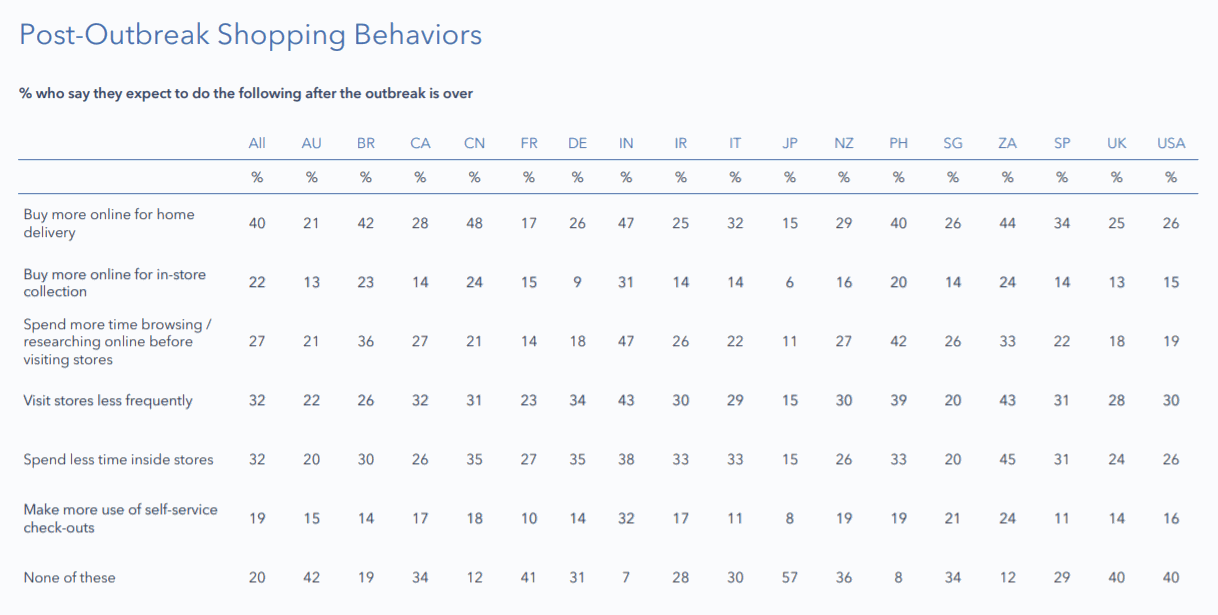
In fact, computerizing your business cycles and selling on the web will be worthwhile to your business - moreover not depending on the face to face visits to your physical shop, you will profit by the more extensive geographic come to, the cost reserve funds from decreasing manual work, and the capacity to produce itemized client experiences which can be utilized to enhance your selling system. Notwithstanding, the decision of the Internet business "eCommerce" stage is something that should be considered cautiously. There are numerous components to consider - Who are your clients? Is it accurate to say that you are selling B2B or B2C? Who in your group will deal with the web-based business stage? What abilities do your colleagues have, and will they need to prepare and uphold? Do you have an in-house group of programming engineers or will you re-appropriate the work? What amount of customization is required for your store? What is your spending plan?
Shopify is one of the most generally utilized Web-based business stages - it offers a brilliant client experience and permits you to immediately set up an online store with an instant theme. In the event that you already have a store based on Shopify, we can assist you with coordinating "integrating" your Shopify store with Odoo to help encourage all the back-office business measures, for example, stock administration "inventory management" and accounting.
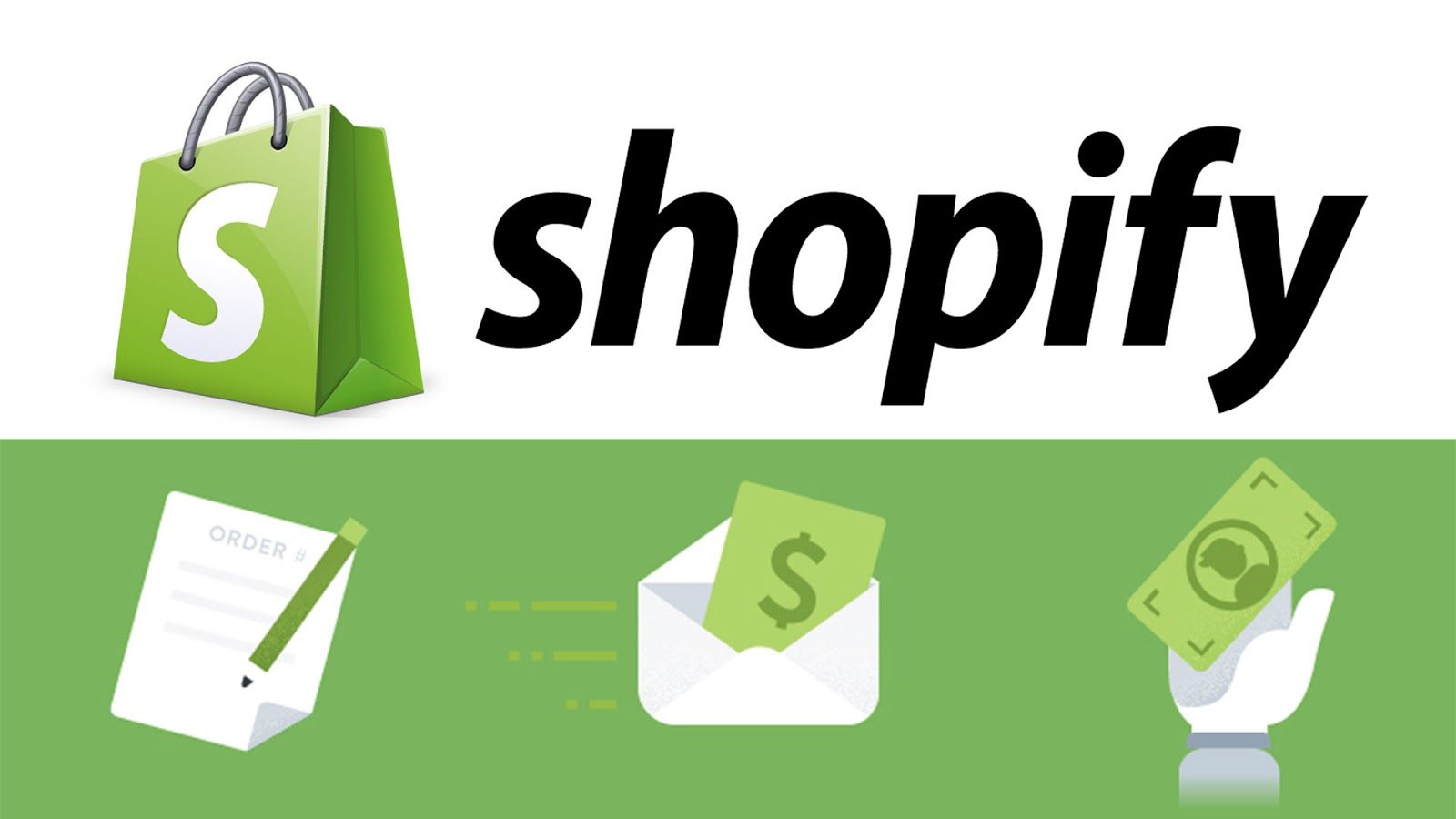
Nevertheless, on the off chance that you are going to set up your online store and are considering which platform to utilize, it is significant that Odoo Internet business "eCommerce" has a few advantages over Shopify, depending on your business necessities.
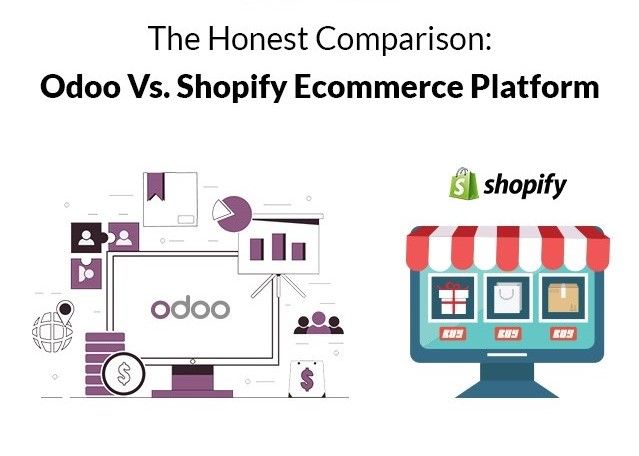
Retail or Wholesale?
Your business may sell retail (or B2C), wholesale (or B2B), or a blend of both. Items sold at discount "wholesale" for the most part have lower costs than retail since orders are put in enormous volumes. Moreover, since discount clients are typically organizations rather than people, you may need to gather extra data, for example, the VAT number of the business you are offering to.
In the event that you might want to sell wholesale, it is acceptable to take note that Shopify is, naturally, intended for retail or B2C deals, which means every item will have one cost for all clients. There is the alternative to buy into Shopify Plus, which offers discount functionalities (e.g., special pricing for specific client gatherings and additionally volume-based costs.) Anyway the estimating for Shopify Plus begins at a powerful $2000 every month membership charge!
Rather instead, Odoo Online business "eCommerce" already has retail and wholesale features included in its essential arrangement of functionalities. For instance, suppose we have the following on the web-store with every item initially valued at £8.00
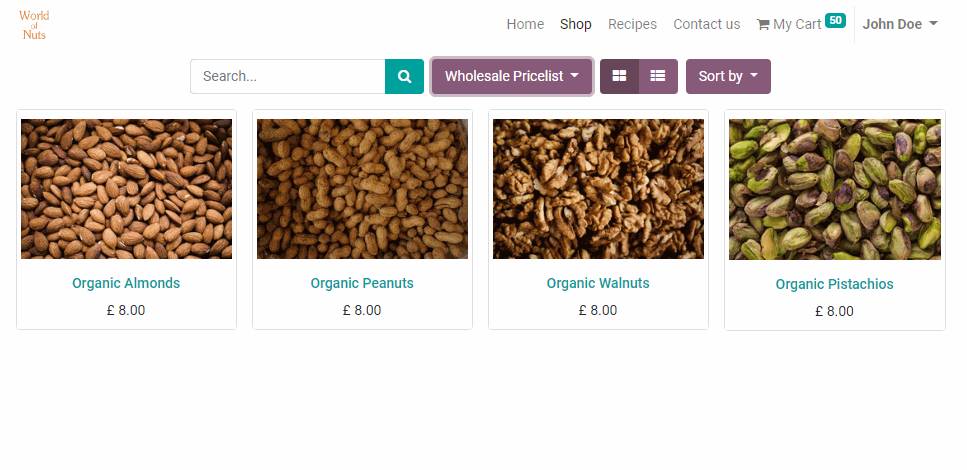
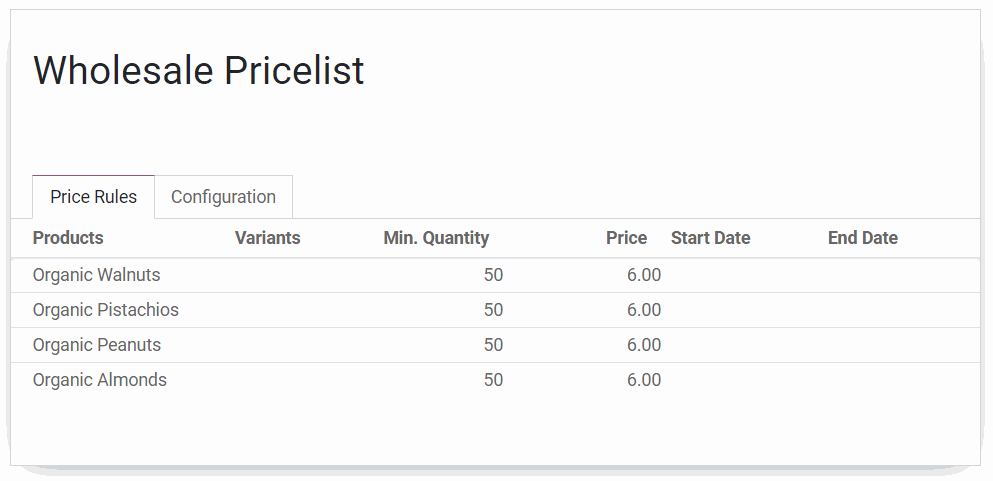
After giving the client " customer" access to a particular price list, when this specific client orders from your online store and meets the base amount "minimum quantity" for an item, the cost will at that point conform to the lower cost. Organic Almonds, initially priced at £8, is now discounted to £6 because the client is requesting 50 units.

Level of customization
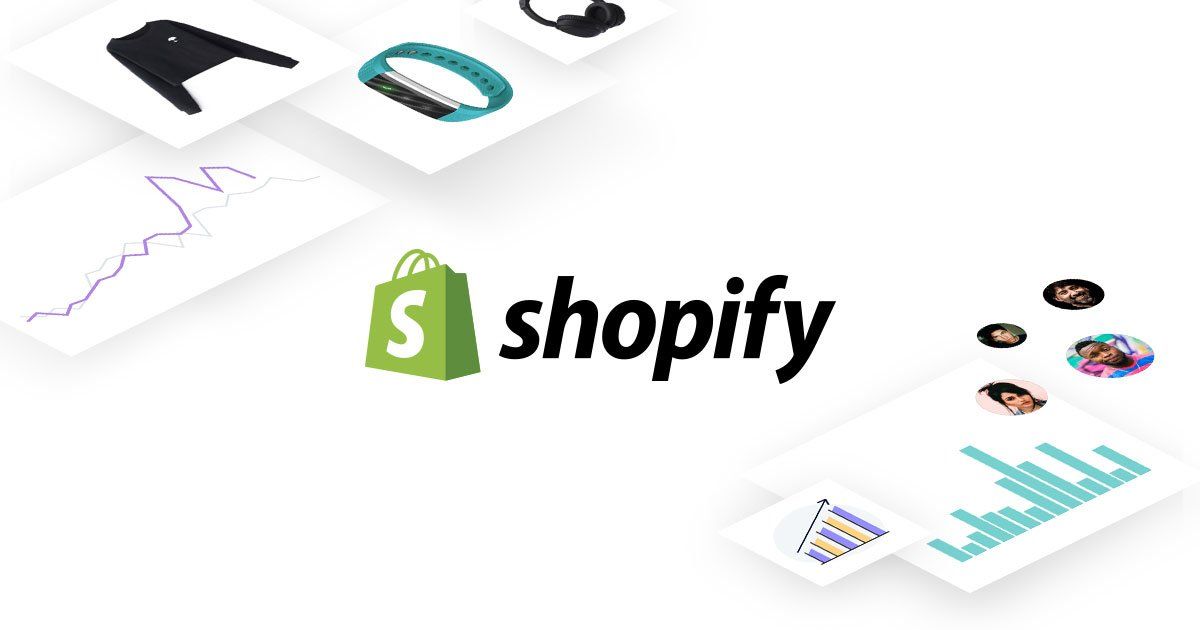
Shopify permits you to modify your store by choosing a theme and afterward altering the theme's code. Anyway, there are cutoff points to what in particular areas of the store you can modify. For instance, in the event that you are under their Essential, Shopify, or Progressed Plan (whose membership charges range from $29 to $299 every month) you won't have the option to modify the checkout and payment section of the store, except for logos and pictures. This will be a difficult limitation in the event that you want to add specific features to the checkout cycle, for example, extra taking care
of charges or explicit shipping rules.
One workaround is to utilize third-party applications that integrate with Shopify; any way you will at that point be restricted to the features, options, and rules that these applications offer. The best way to have full power over the code of your store is to upgrade to Shopify Plus and begin paying the $2000 every month membership expense.
.jpg?access_token=2699b0de-0686-474e-bb1a-a66f503926b1)
On the other hand, Odoo, which is open source, gives you the option to host your own instance of the platform either on your own server or on the Odoo.sh Cloud Platform, and from there you the opportunity to make changes to the code in the backend.
Data Control
Shopify, b2b,b2c, retail, wholesale , eCommerce
Shopify has a fixed arrangement of fields that are gathered from every client (for example their contact details) and their request "orders" (e.g. item, quantity, order fulfillment status). The data gathered, if available in the Application Programming Interface "API" of Shopify, can then be pushed to other applications such as your CRM or accounting software. programming.Nonetheless, there will be a few constraints and difficulties if you want to make new fields that are not in Shopify's standard Programming interface "API". For instance, we referenced that Shopify regards clients as people, not organizations, and doesn't gather VAT numbers by default. In the event that you have to gather your client's VAT number, you can customize the Shopify theme, or use a third-party app, in order to demand this data upon checkout. In any case, it will be hard to push the VAT numbers into different applications (for example your accounting software, where your clients' VAT numbers may be required for consistency purposes, or the CRM). This is since the client's VAT number is excluded from Shopify's API.
Odoo offers an unmistakable favorable position in this viewpoint since most importantly, Odoo already offers the modules for the different business features, (like CRM, stock inventory, and accounting), and by design, Odoo synchronizes all the data (for example clients, deal orders, stock levels) over these modules. Additionally, in light of the fact that Odoo is open source, there is the adaptability to make new fields in the database, have them sync across modules, just as to pull and drive information into different applications that have a Programming interface API.
(It is important that Odoo can gather your clients' VAT numbers.)
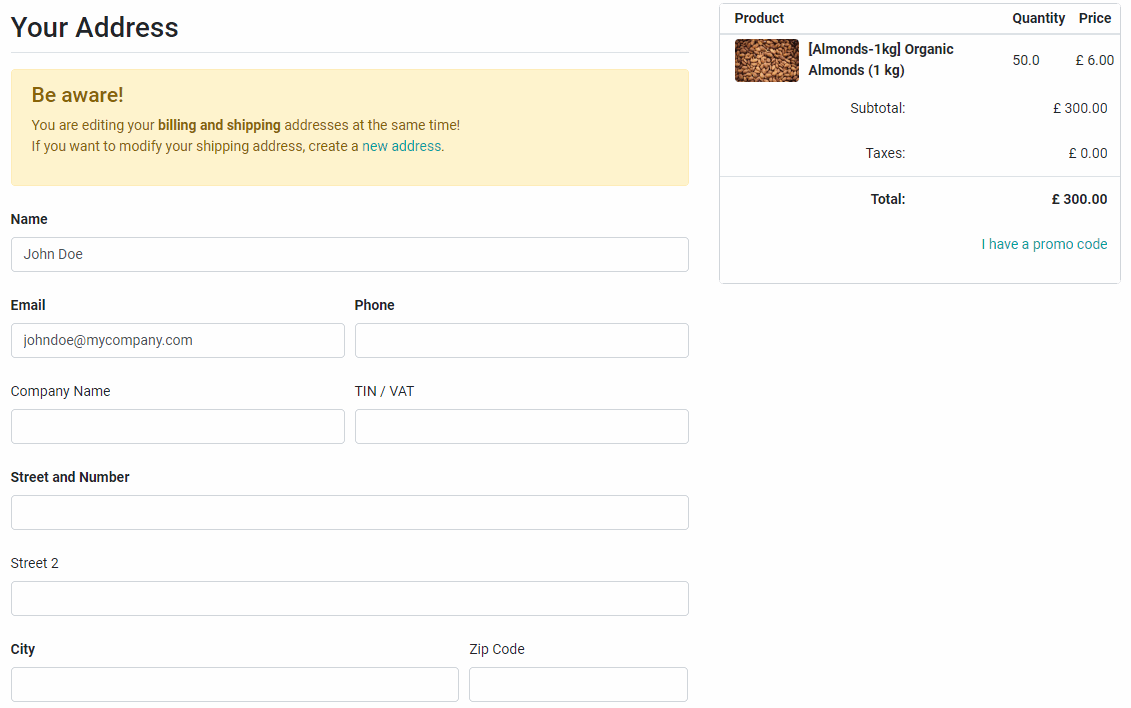
Conclusion: Odoo vs Shopify
Shopify, b2b,b2c, retail, wholesale , eCommerce
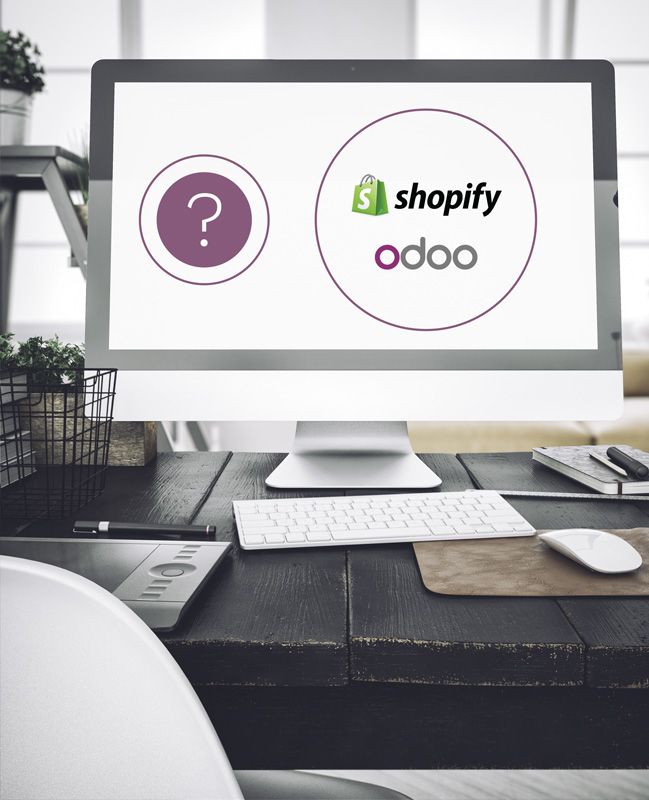
Which Online business platform is appropriate for you? The appropriate response relies upon the particular necessities of your business. however, if you want the ability to sell your products to both wholesale and retail clients, have the ease to customize all areas of your online store, and flawlessly coordinate your online store information with different business applications, at that point, we strongly recommend Odoo Online business, alongside the other Odoo applications that can facilitate your back-office business processes.
Favor Shopify? We can assist you in integrating your Shopify store with Odoo if you need an ERP to simplify and accelerate stock administration, accounting, manufacturing, and your different business features.
Reach us today, and we can assist you in deciding how Odoo can help eliminate process-related issues through automation.
50,000+ companies run Odoo to grow their businesses.
Join us and make your company a better place.


